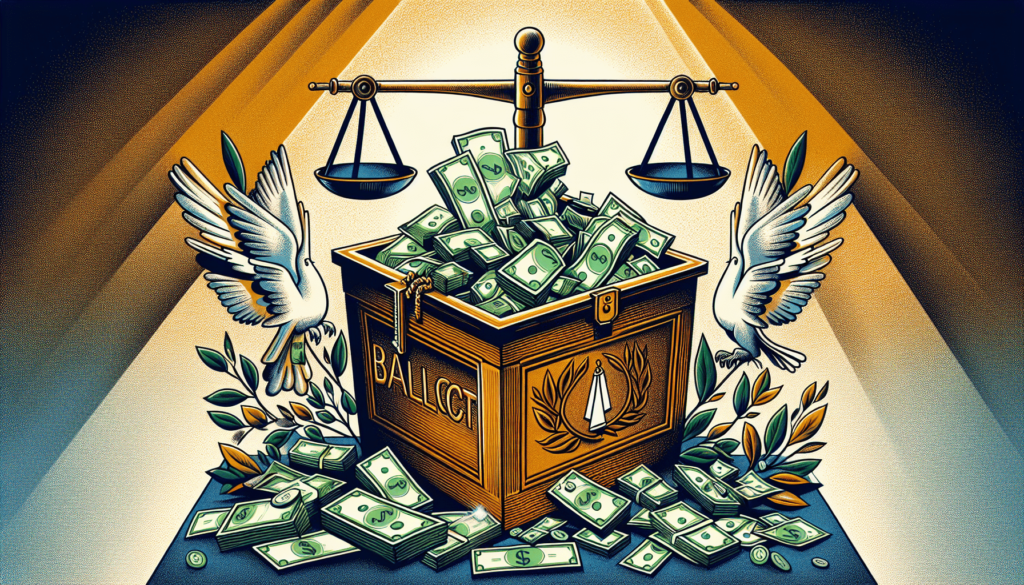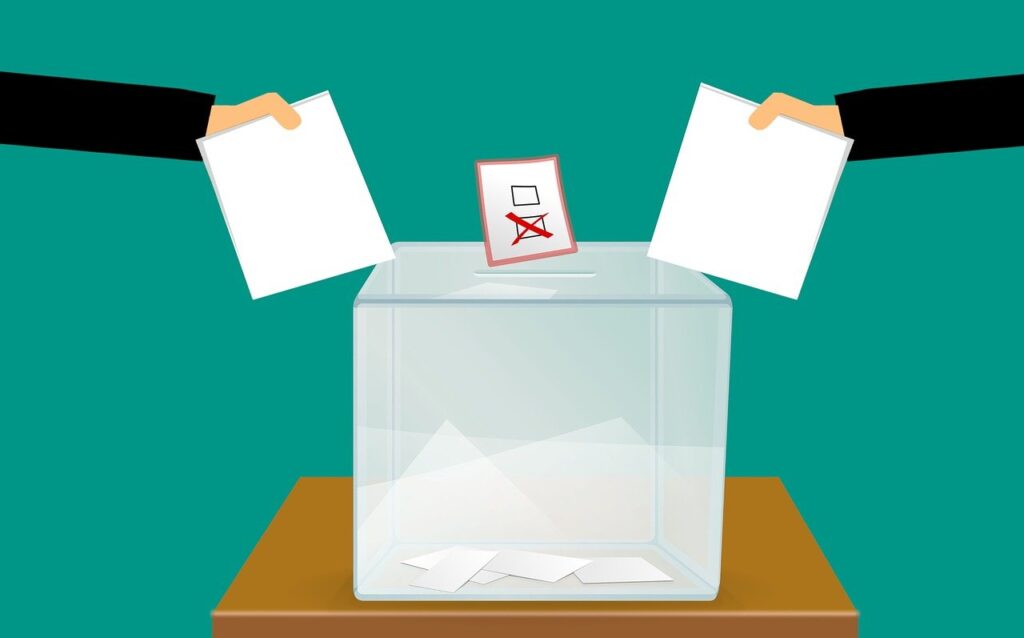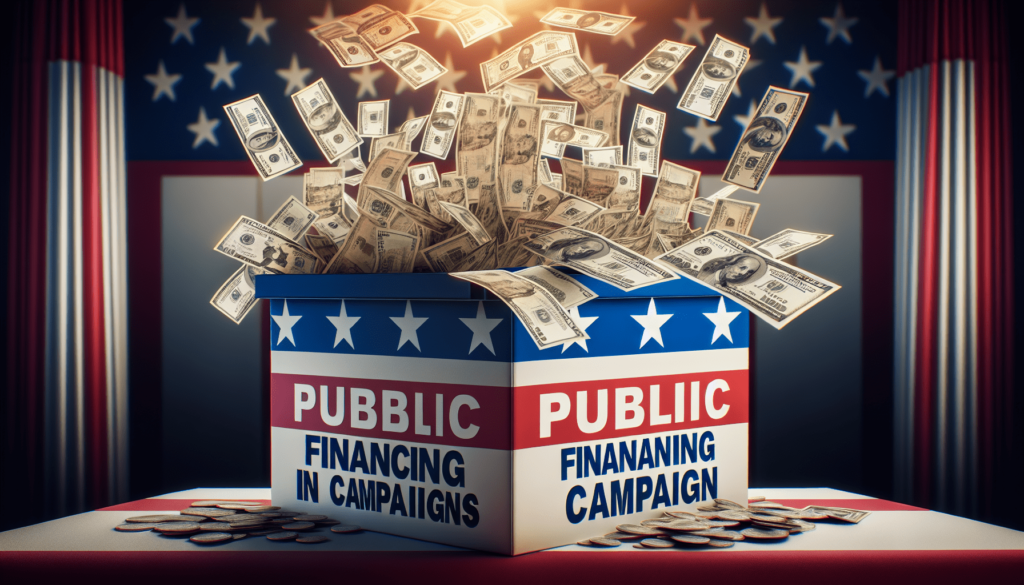What Is Public Financing Of Campaigns?
What is public financing of campaigns?

Understanding Public Financing of Campaigns
Public financing of campaigns refers to a system in which government funds are used to support political candidates and parties during election campaigns. This type of financing aims to reduce the influence of private donors and special interest groups in the political process. Public financing can take different forms, including direct grants to candidates, matching funds for small donations, and tax credits for political contributions.
Public financing of campaigns plays a crucial role in promoting transparency, accountability, and fairness in the electoral process. By providing candidates with public funds, this system helps level the playing field and ensures that individuals from diverse backgrounds have the opportunity to run for office. Additionally, public financing can help reduce the reliance on wealthy donors and prevent corruption in politics.
History of Public Financing of Campaigns
Public financing of campaigns has a long history in the United States. The concept gained momentum in the aftermath of the Watergate scandal in the 1970s, which exposed widespread corruption in the political system. In response to public outcry, Congress passed the Federal Election Campaign Act (FECA) in 1971, which established the first public financing system for presidential elections.
Since then, public financing has expanded to include congressional elections and state and local races in some jurisdictions. Several states and municipalities have implemented their own public financing programs to support candidates at the local level. While the federal public financing system has faced challenges in recent years, it remains an important tool for promoting fair and transparent elections.
How Public Financing Works
How does public financing of campaigns work?
Eligibility Requirements
Candidates must meet certain criteria to qualify for public financing. These requirements vary depending on the specific program and office sought. Common eligibility criteria include:
- Agreeing to abide by spending limits set by the program
- Demonstrating a minimum level of public support, such as collecting a certain number of small contributions
- Meeting deadlines for filing documents and reports with the appropriate election authorities
Funding Mechanisms
Public financing programs use different mechanisms to distribute funds to candidates. The two main types of funding mechanisms are:
-
Matching Funds: In a matching funds system, candidates receive a matching grant from the government for every small donation they receive. For example, if a candidate raises $100 from a supporter, the government may match that donation with another $100, effectively doubling the value of the contribution.
-
Direct Grants: In a direct grant system, candidates receive a lump sum of public funds to support their campaign. The amount of the grant is typically based on the office sought and the level of public support the candidate has demonstrated. Candidates must use these funds for campaign-related expenses and abide by spending limits set by the program.
Spending Limits
One of the key components of public financing of campaigns is the establishment of spending limits for candidates who participate in the program. These limits are designed to ensure that all candidates have an equal opportunity to compete in elections and prevent excessive spending on political campaigns. Candidates who accept public funds are required to stay within these spending limits and may face penalties if they exceed them.
Reporting and Compliance
Candidates who receive public financing are required to comply with reporting requirements to ensure transparency and accountability in the electoral process. They must file regular reports disclosing their campaign finances, including contributions received, expenditures made, and fundraising activities. Failure to comply with these reporting requirements can result in sanctions, including the loss of public funds and legal penalties.

Pros and Cons of Public Financing
What are the pros and cons of public financing of campaigns?
Pros
- Promotes Fairness and Equality: Public financing helps level the playing field by providing all candidates with an equal opportunity to compete, regardless of their financial resources.
- Reduces Corruption: By reducing candidates’ reliance on wealthy donors and special interest groups, public financing can help prevent corruption in the political system.
- Increases Voter Confidence: Public financing enhances transparency and accountability in elections, which can increase voter confidence in the electoral process.
Cons
- Limits Free Speech: Critics argue that public financing restricts candidates’ ability to raise funds and communicate their message effectively, violating their First Amendment rights.
- Taxpayer Costs: Public financing programs require government funds to operate, which can be seen as a burden on taxpayers, especially if they disagree with the candidates receiving public funds.
- Unequal Participation: Not all candidates are eligible for public financing programs, which can create disparities in campaign funding and limit the diversity of voices in the political arena.

Examples of Public Financing Programs
What are some examples of public financing programs in the United States?
Federal Presidential Election Campaign Fund
The Federal Presidential Election Campaign Fund was established in 1976 to provide public funds to presidential candidates who agree to abide by spending limits and other program requirements. The fund is financed by voluntary contributions from taxpayers who choose to allocate a portion of their federal income tax to support the program. Participating candidates can receive matching funds for small donations and a lump sum grant for the general election.
New York City Campaign Finance Program
The New York City Campaign Finance Program is one of the most comprehensive public financing programs in the country. It provides public funds to candidates running for city office who agree to spending limits and other program rules. The program matches small donations at a rate of 6-to-1, up to a certain limit, to encourage candidates to raise funds from grassroots supporters. Candidates who participate in the program are eligible for public funds for both the primary and general elections.
Arizona Clean Elections Program
The Arizona Clean Elections Program is a public financing system for state and local elections in Arizona. Candidates who qualify for the program receive public funds to support their campaigns, allowing them to run for office without relying on private donations. To qualify for public funding, candidates must collect a certain number of small contributions and agree to participate in public debates and forums. The program aims to reduce the influence of special interest money in Arizona elections.

Conclusion
In conclusion, public financing of campaigns is a critical tool for promoting fairness, transparency, and accountability in the electoral process. By providing candidates with public funds and limiting the influence of private donors, public financing helps ensure that elections are decided by the voters, not by special interests. While public financing programs have their challenges, they remain an important mechanism for strengthening democracy and safeguarding the integrity of the political system. As a voter, it is essential to understand how public financing works and support efforts to improve and expand these programs to enhance the democratic process for everyone.


Comments are closed